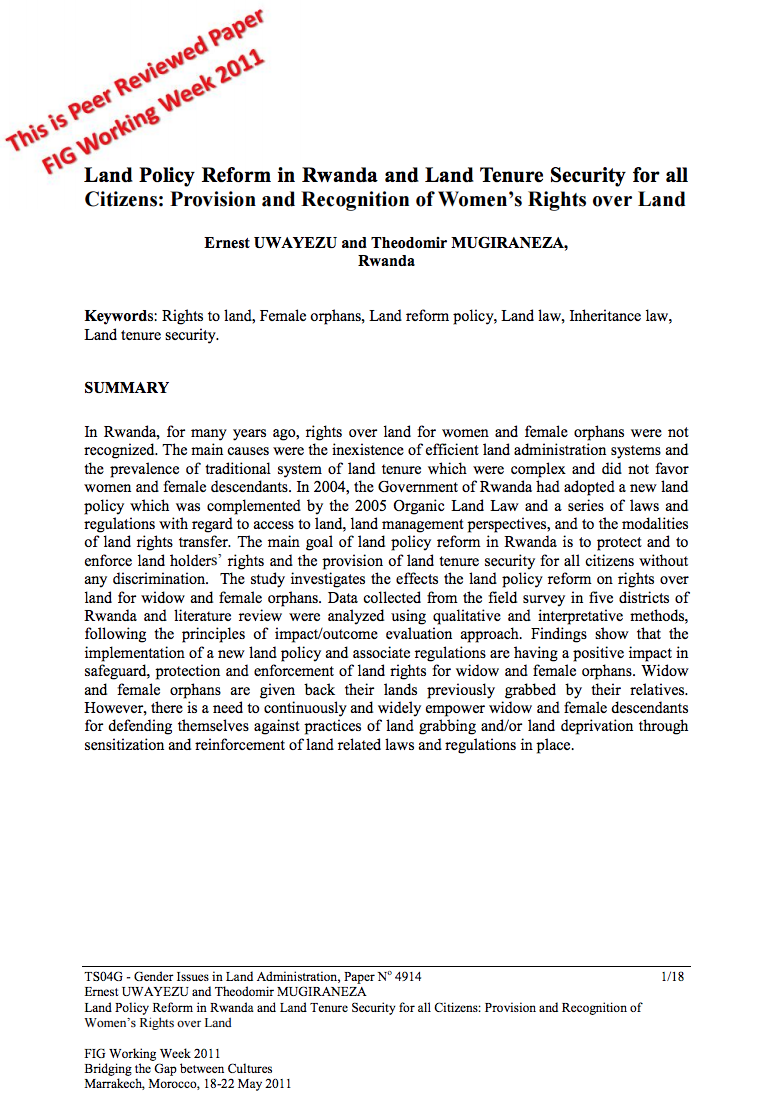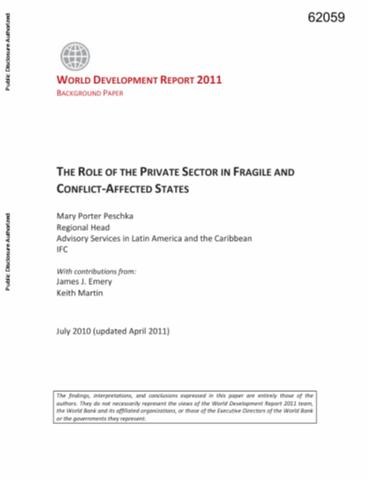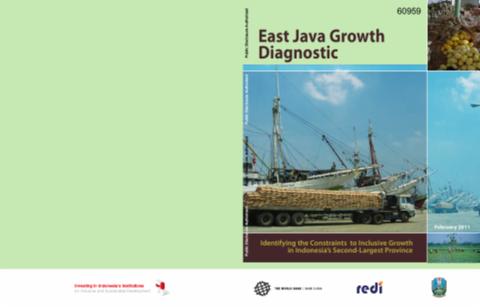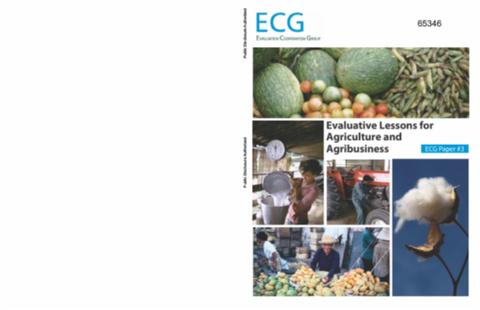Burmese government land grab: Farmers without rights
...Life for farmers and workers in Burma is growing increasingly more difficult. The minimum wage fails to provide the ‘just and favourable remuneration’ that ensures ‘an existence worthy of human dignity’ that is guaranteed by Article 23 of the Universal Declaration of Human Rights.







